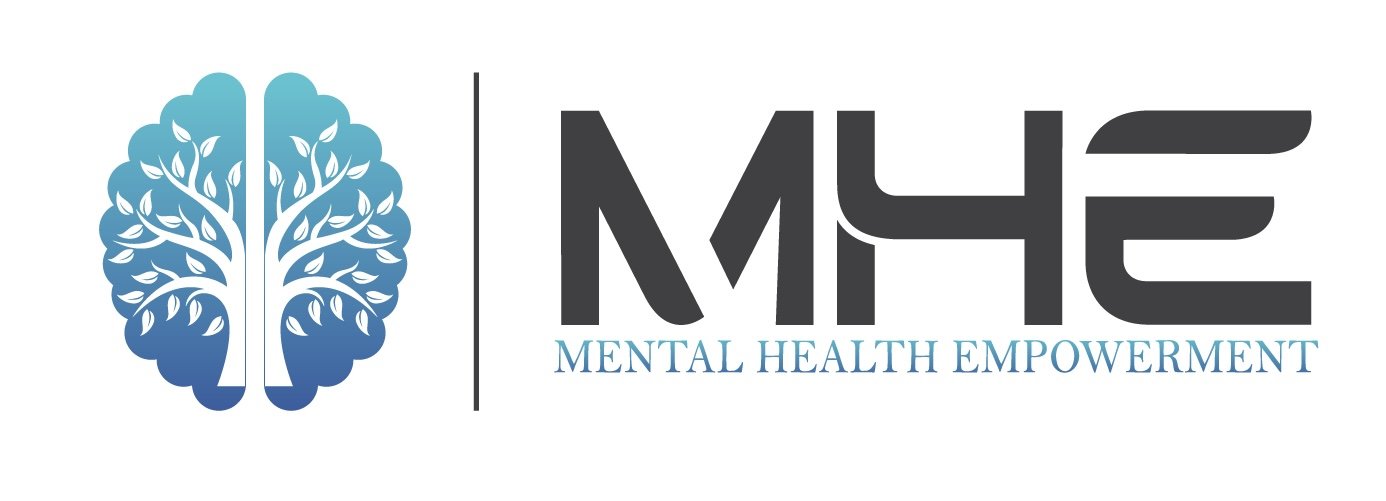Welcome to our self-help therapy page!
This page was created to provide helpful resources and information on mental health and well-being to those who may be seeking support. Mental Health Empowerment, LLC understands that life can be challenging and that seeking support for mental health concerns can be a difficult and vulnerable process. That's why we want to provide a safe and supportive space for individuals to access helpful resources and information.
Our goal is to provide evidence-based resources and practical strategies that can help individuals improve their mental health and well-being. We believe that everyone deserves access to quality mental health support and care, and we hope that this page can be a valuable resource for those seeking guidance and support.
Our page covers a wide range of mental health topics, including self-care, stress management, anxiety, depression, relationships, and more. We offer articles, videos, infographics, and other types of content to provide a variety of resources and information. This page is continually being updated with new information so return back to see what is new.
Thank you for visiting our self-help therapy page. We hope that you find the resources and information here helpful and supportive. Remember, you are not alone, and there is support and help available.

Why Resentment Is a You Problem — And How to Heal It

How to Improve Your Relationships with the “When You Do ____, I Feel ____, So Can You ____” Communication Technique
Clear communication is essential to healthy relationships. One simple but effective way to express yourself is by using the ‘When you do ____, I feel ____, so can you ____’ framework. This approach allows you to address specific behaviors that affect you, without blaming or accusing the other person.
For example, you might say, “When you don’t respond to my messages, I feel ignored, so can you please let me know when you’re busy?” This structure directs the conversation towards the impact of the other person’s actions on your feelings, encouraging understanding and empathy.
Using this method fosters open dialogue, making it easier to resolve conflicts and strengthen connections. It shifts focus from a confrontational tone to a more constructive exchange, enabling both parties to work towards a solution collaboratively.
To effectively incorporate this tool into your communication style, practice it in everyday interactions. Start by identifying behaviors that are troubling you, articulate your feelings, and propose a constructive change. Over time, this strategy can significantly improve the quality of your relationships, creating a foundation built on mutual respect and understanding.

Understanding Suicide: Signs, and Prevention

10 Signs You Might Benefit from Therapy and How to Choose the Right Therapist

The Importance of Boundary Setting and How To Implement It

The Hidden Benefits of a Social Media Detox: Reclaiming Your Life and Mental Well-Being

Understanding Depression: Breaking the Silence and Promoting Mental Health Awareness

Finding Balance: Navigating Stress in a Busy World

Free therapy Consult- Here is why it is helpful
Understanding how a free therapy consul can be helpful in picking a therapist that is right for you

What is False Guilt?

The Importance of Self-Care
It all begins with an idea.

Why Its Important To Take A Mental Health Day
Taking a mental health day can be an effective way to prioritize your well-being and reduce stress.

The Beginners Guide to Meditation

Exercises To Calm Your Anxious Thoughts
It all begins with an idea.

